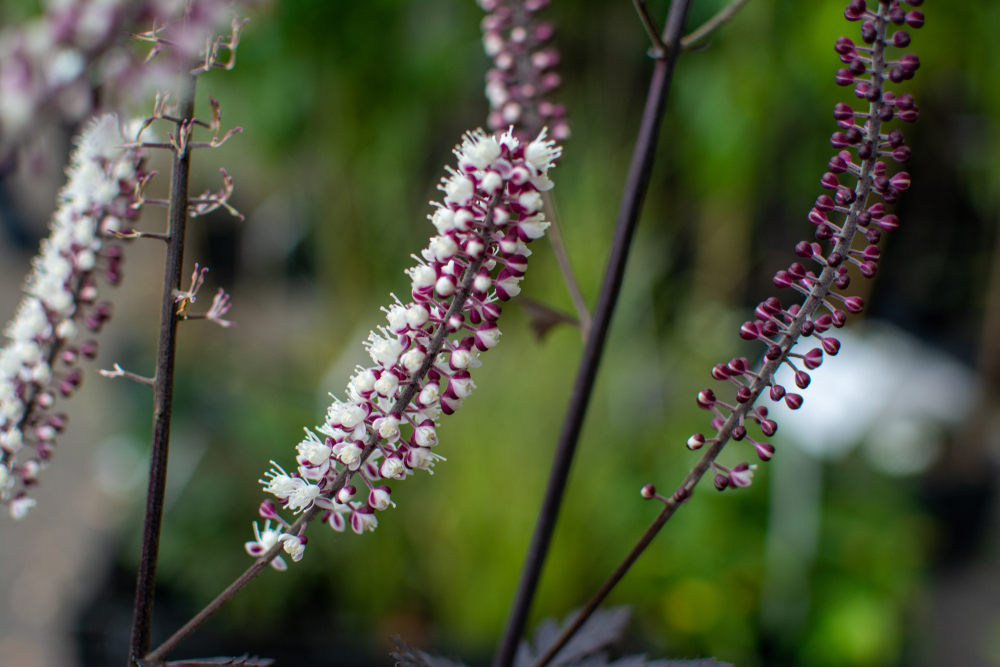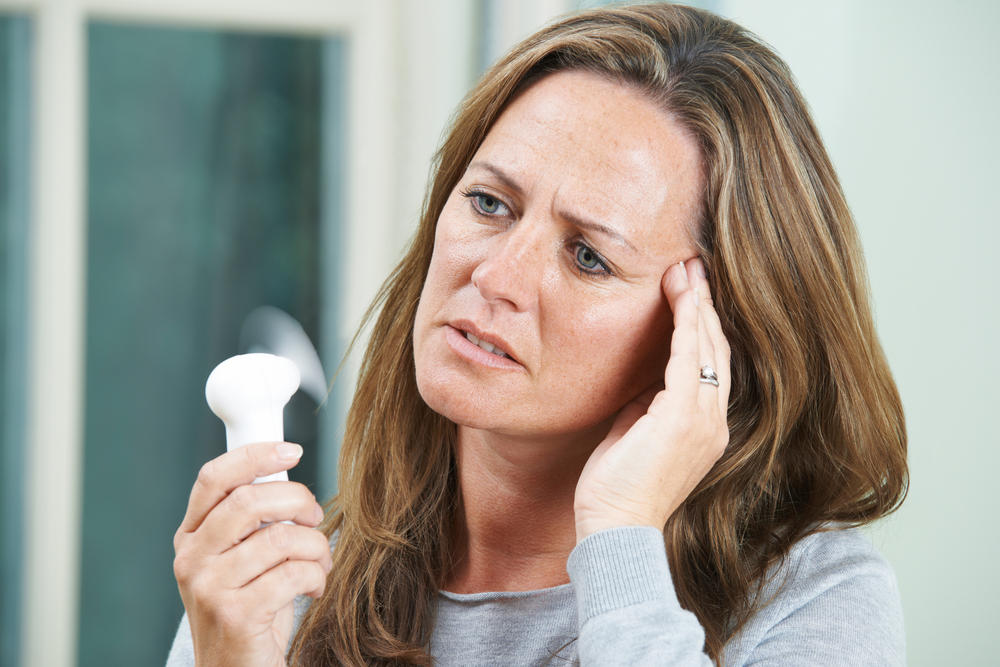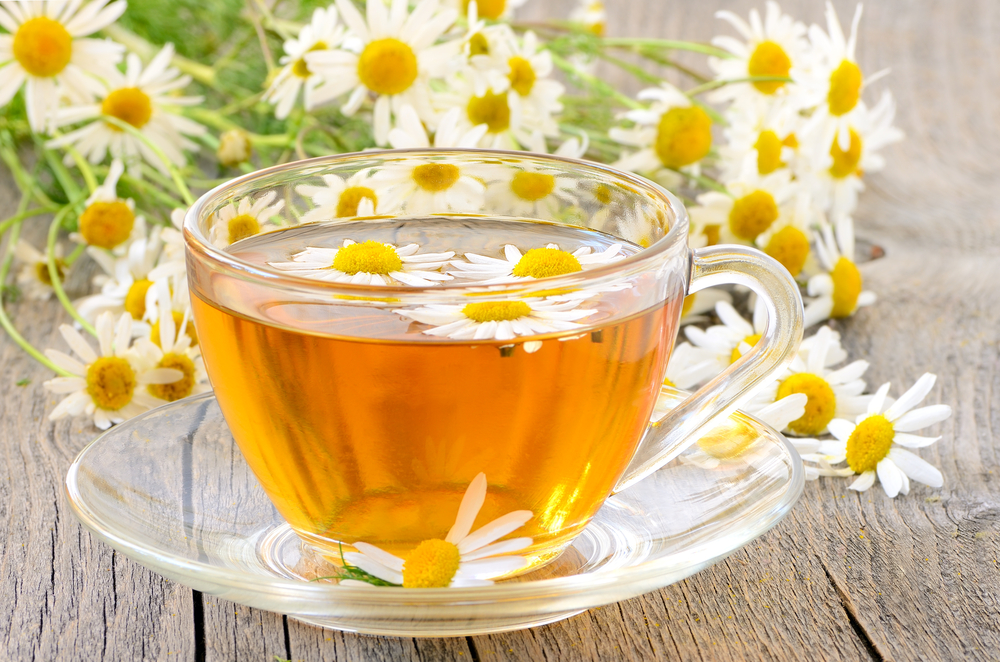By 2030 more than 1 billion women around the world will have reached menopause, with less than 20% sailing through symptom-free. October is World Menopause Month, highlighting how much disruption and suffering it can cause to a woman’s life. In some cases, women have had to leave the workplace because symptoms have been so severe.
Clinical Nutritionist Suzie Sawyer shares her top five tips for managing the menopause during your working day.
Menopause can be a difficult time for a lot of women. However, there are certain nutritional strategies and lifestyle changes that can really help.
Ramp up your nutrient intake
The body needs 45 different nutrients in any one day (including water). Essentially each vitamin and mineral performs a vast number of roles in the body, many of which are related to hormone function.

We know from research that women effectively run out of fuel at mid-life and become nutrient depleted, making menopause symptoms way worse. Top of the list of nutrients which we start to lose is vitamin B6 found in a wide range of foods, especially meat, whole grains, beans and colourful fruits and vegetables. The minerals zinc and magnesium work in a perfect triad with vitamin B6, and are found in seafood, eggs, green leafy vegetables, and whole grain foods.
Eating a varied diet that contains lots of foods in their non-processed form, can really help top up all nutrient levels and keep those pesky symptoms at bay.
Trust in nature

We can always turn to nature and herbs for dealing with a wide range of health conditions. Herbs have been used successfully for many hundreds of years to help manage a variety of ailments. However, the herbal stars for menopause are Black cohosh (researched for alleviating hot flushes), ashwagandha (great at relieving anxiety and stress), valerian (perfect for getting a good night’s sleep without any side effects) and passionflower (a lovely soothing herb to help relieve nervousness and anxiety).
All these herbs are tried and tested for menopause and are available in supplement form. And they don’t conflict with each other so can all be used depending on what your main symptoms are.
Layering is key

It’s often really embarrassing when we have to deal with hot flushes during the working day. Many of us are reluctant to tell our colleagues, although thankfully there is much more support in the workplace now, generally. However, it’s helpful to have some clothing layers that can quickly be taken on and off.
Unfortunately, a hot flush is often followed by cold shivers, so you need to be able to quickly adapt. It might also be worth asking for a desk fan or have a handheld fan in your bag for quick relief.
Balance blood sugar levels
If blood sugar levels are out of kilter, menopause symptoms are going to be much worse. And if brain fog is an issue, then you’ll notice it much more when blood glucose levels fluctuate.

Essentially, focus on eating protein with every meal – meat, fish, beans, nuts, eggs or dairy. Even if you’re intermittent fasting with a longer overnight fast, you need to ‘break the fast’ with a protein-rich meal of some sort. It might be worth keeping some nuts in your desk drawer if you’re not able to easily access good-quality food or snacks when needed. Balancing blood sugar will also improve energy levels.
Reduce caffeine

Cutting the caffeinated drinks is key for managing menopause symptoms. Unfortunately, caffeinated drinks increase hot flushes and anxiety. Try swapping to non-caffeinated teas such as redbush, herbal teas or dandelion coffee and sip some chamomile tea before bedtime, to help relaxation.
Grab a lunchtime walk

Exercise is super-important to help manage the menopause. It will not only help reduce hot flushes but is essential for maintaining bone health and for mental wellbeing too.
Try not to eat at your desk. This can cause digestive issues later in the day but, importantly, you’ve not had any relief from the computer screen or any fresh air.
Things have hopefully become a little easier now that many of us are able to have a hybrid working pattern so it can be easier to manage your temperature and environment at home as well as getting out for some fresh air at lunchtime.
Try not to fear the menopause: it can be managed naturally with some modifications to diet and lifestyle. The rewards will be very worthwhile.
For herbal and food supplements that can help visit Nature’s Way.














Add comment